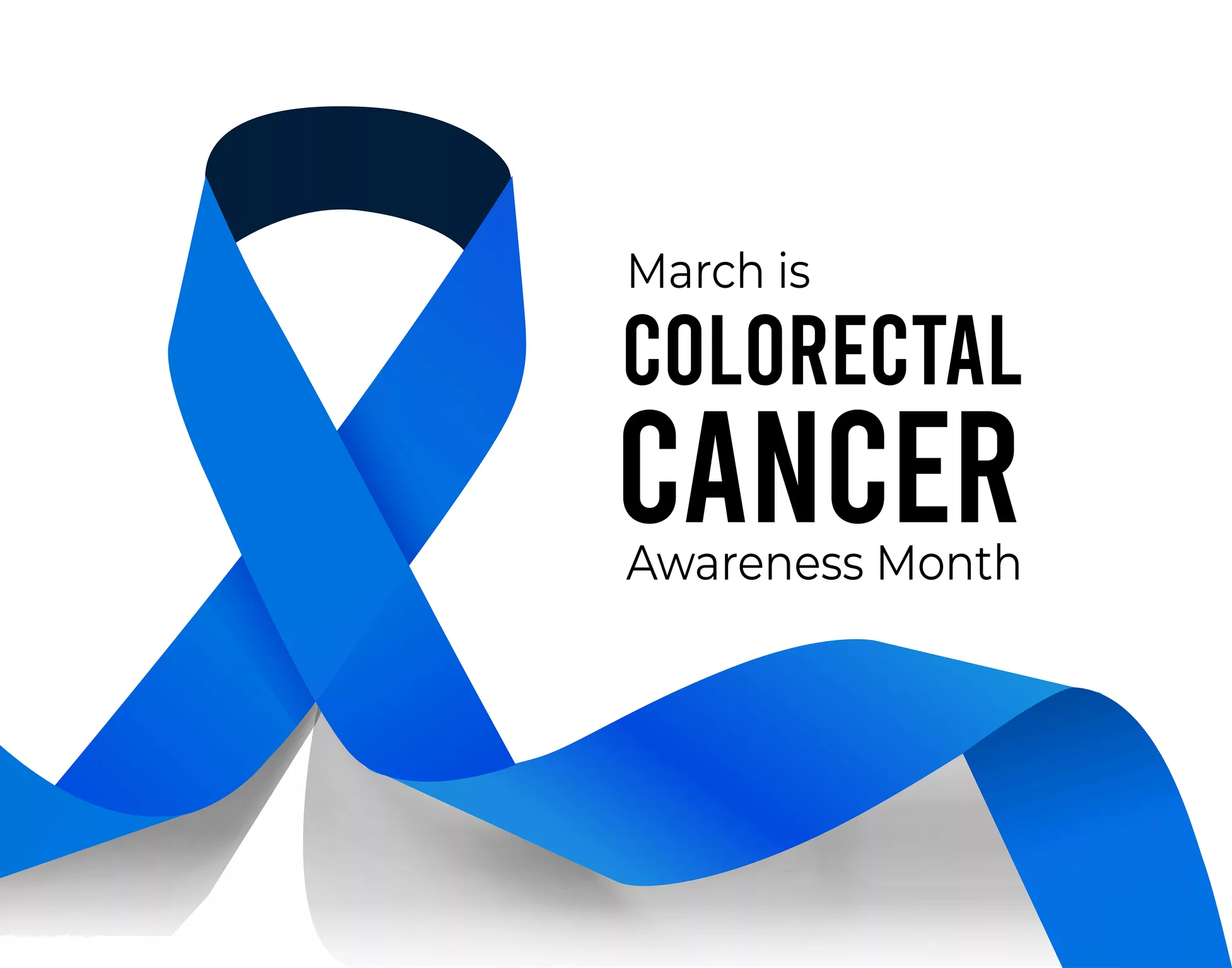 Continuum Health Group is celebrating March, the month of Colorectal Cancer Awareness. In 2019, about 1,370,000 people lived with colorectal cancer in the United States. It is the 4th most common cancer, and it is more common in men than women. Unfortunately, colorectal cancer is the 2nd leading cause of cancer death in the United States.
Continuum Health Group is celebrating March, the month of Colorectal Cancer Awareness. In 2019, about 1,370,000 people lived with colorectal cancer in the United States. It is the 4th most common cancer, and it is more common in men than women. Unfortunately, colorectal cancer is the 2nd leading cause of cancer death in the United States.
Colorectal cancer is cancer of the colon or rectum that can be effectively detected by early screening. In response to urgency of early detection, in 2021, the U.S. Preventive Services Task Force (USPSTF) lowered the recommended colorectal cancer screening age from 50 to 45 because the rate of this cancer has doubled in people younger than 50 since the 1990s. According to the Prevent Cancer Foundation (PCF), with certain types of screening, this cancer can be prevented by removing polyps (grape-like growths on the wall of the large intestine, which is part of the colon) before they become cancerous. Colonoscopies or stool-based tests can also detect the disease early when treatment is more likely to be successful.
Symptoms of colorectal cancer include bleeding from the rectum or blood in the stool, change in bowel movements, narrower stools than usual, abdominal problems (e.g., bloating, cramps), diarrhea, weight loss, constant fatigue, and vomiting. PCF recommends lifestyle choices to reduce your risk of colon cancer by exercising at least 30 minutes five days a week, limiting drinking to no more than one per day, avoiding or smoking cessation, eating less red and processed meats, maintaining a healthy weight, eating the recommended portions of fruits, vegetables, beans, and whole grains.
Continuum Health Group advocates for high-quality, affordable, and equitable health care access on behalf of all cancer survivors and those currently fighting the disease. Through prevention, early detection, and treatment, we strive to ensure cancer impacts and disrupts as few lives as possible.
Resources:
- The Prevent Cancer Foundation provides information on colorectal cancer in younger adults. Visit ‘Too Young for This Sh*t’ here.
- The Prevent Cancer Foundation offers a free screening quiz here.
